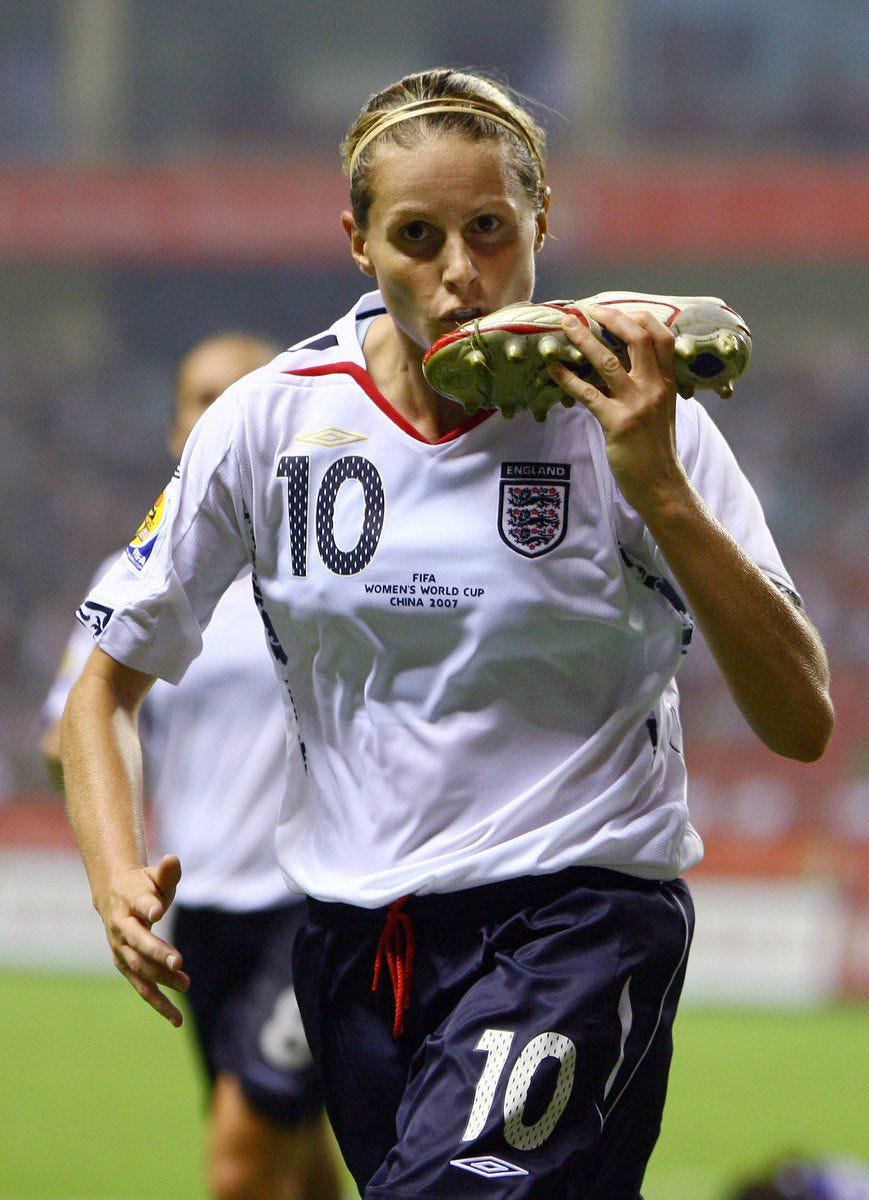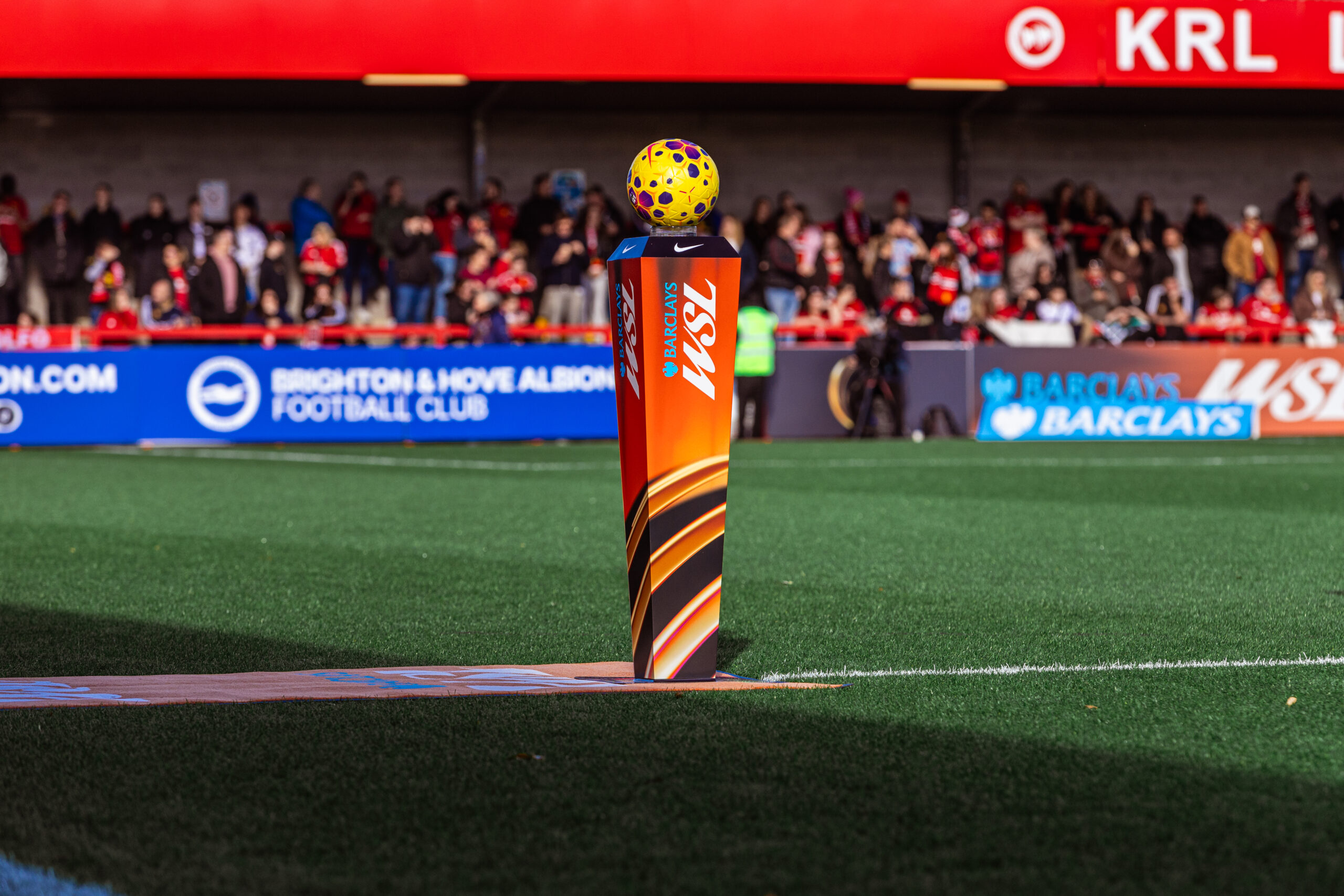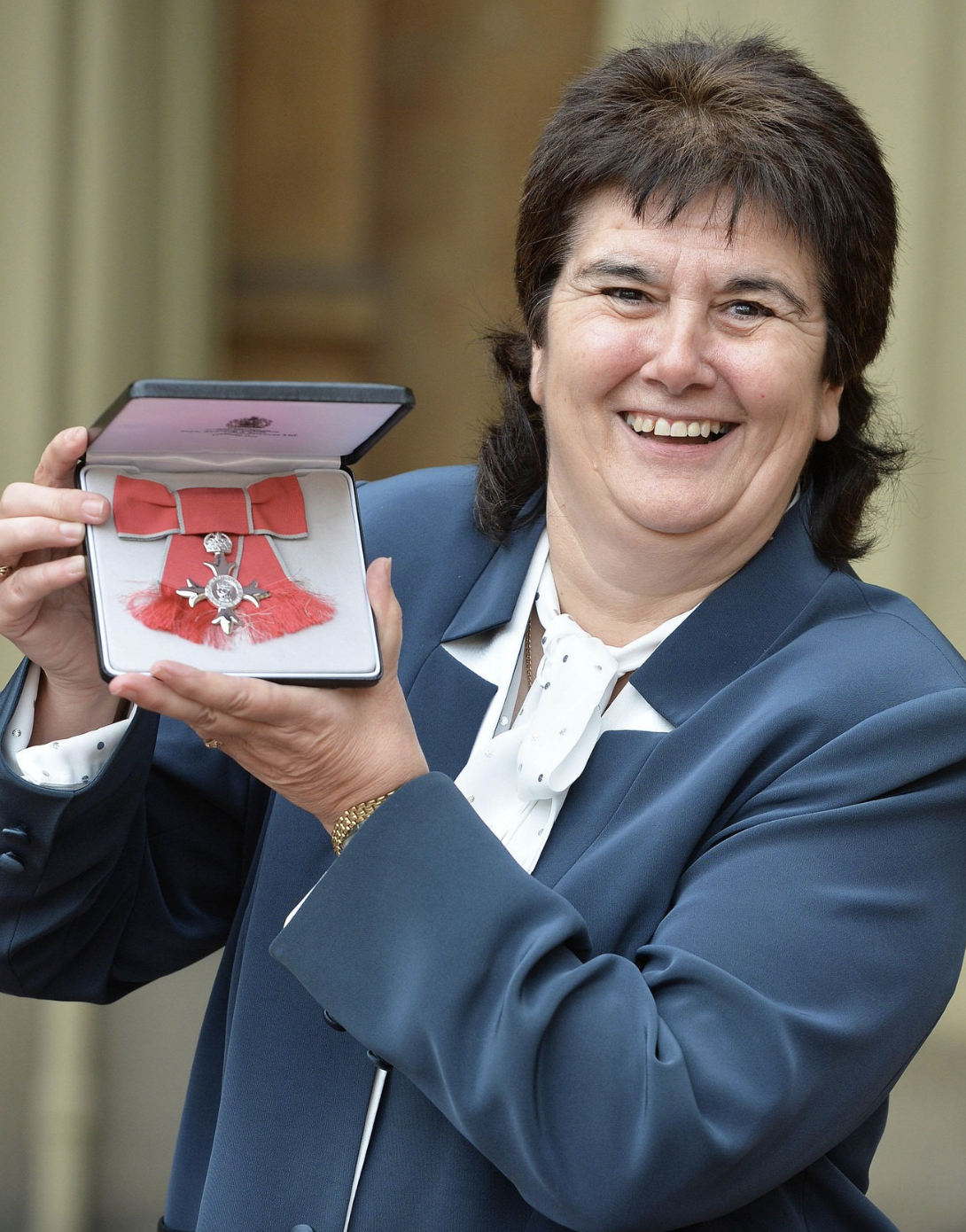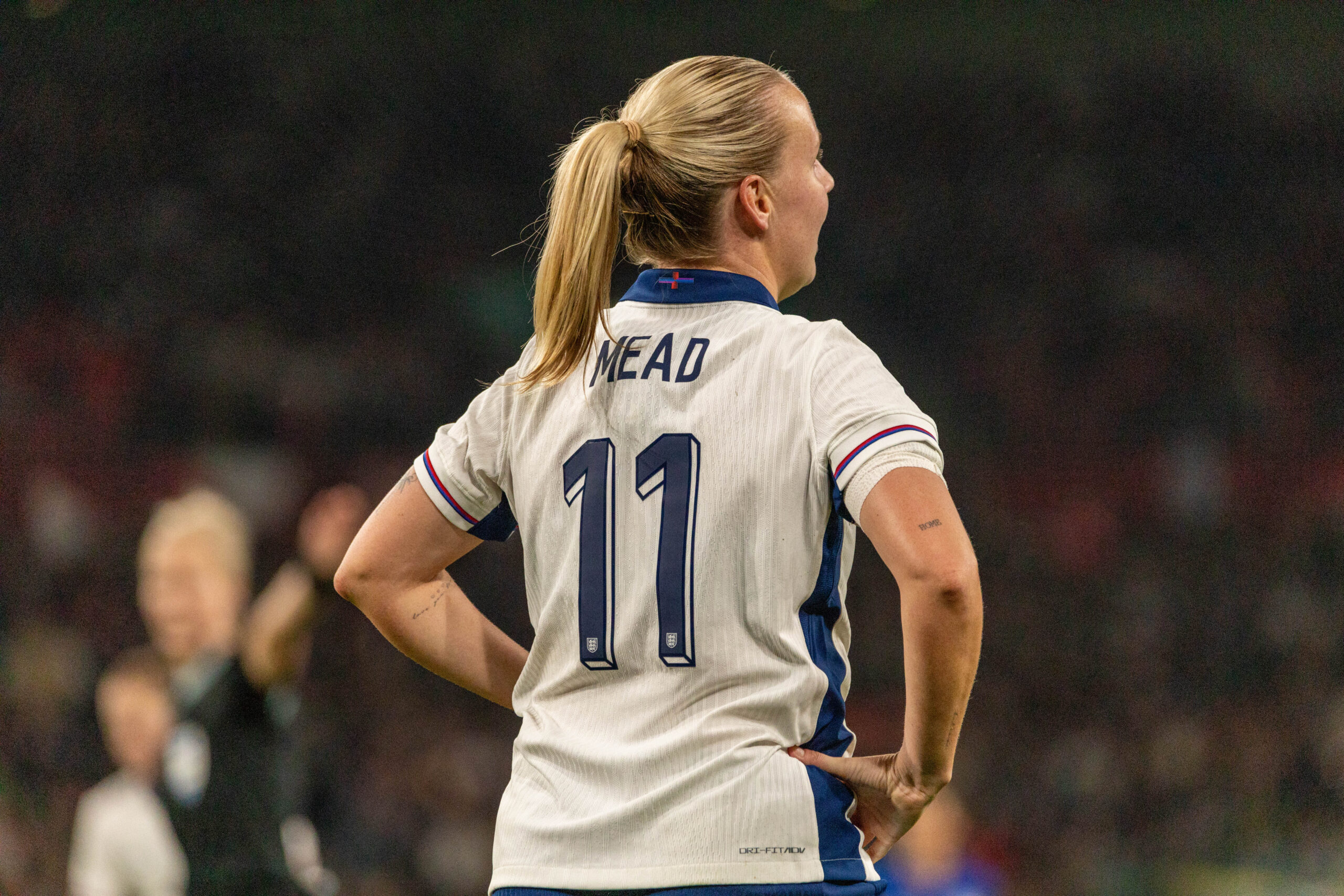Kelly Smith’s career has been defined by battles. As a player, she was blessed with sublime technique and skill. A quick search will reveal an abundance of quality goals. Headers, free kick and long-range stunners, Smith could and would do it all. She is considered by many as the best women’s player England have ever produced and should appear in every conversation when discussing the all-time greatest players to play the game.
Mia Hamm said:
“She’s incredibly technical, with great speed of thought and play. Her touch is different class.”
Her former England manager Hope Powell described her as:
“One of those players who come along only once or twice in a lifetime.”
Her achievements on the pitch are even more remarkable considering the challenges she has faced off the pitch. Like many women who have played football, she was a victim of the dreaded ACL injury whilst also suffering a leg break and a stress fracture. To deal with such difficulties, Smith used alcohol to counter the pain. In her own words she said:
“I was drinking quite heavily to numb everything, but I didn’t know back then that alcohol was a depressant, and I was already depressed about my injury.”
She joined Arsenal in her first spell at the club in 1996 from Wembley Ladies, winning the 1996-97 FA Women’s Premier League before leaving for Sefton Hall University in New Jersey. In America she excelled, scoring a staggering 76 goals in 51 matches. Individual honors were soon to follow, becoming the first player in the history of the Big East Conference to win both Newcomer and Offensive Player of the year. Her time in New Jersey concluded with Smith becoming the first athlete to have her number retired who did not play basketball.
In her 2012 autobiography, Footballer My Story, Smith notes that her issues with alcohol began whilst at college. In the book she said:
“I did my drinking in groups and parties. And I was always there. It was very rare that I would turn down and invitation to drink.”
Smith stayed in New Jersey after finishing her college stint, joining the New Jersey Lady Stallions and then onto the Philadelphia Charge in the newly formed WUSA. Her first professional spell in America was one of ups and downs. Her first season in 2001 was Smith had her most influential, being named in the 2001 WUSA Global 11 All-Star Team while the Charge reached the semifinals of the playoffs, losing to Atlanta
The two seasons that followed were blighted by injury. Smith was named captain for the 2002 season and started strongly, getting four goals and three assists in her opening seven games. Yet her season was soon concluded after suffering an ACL tear in her right knee. Her rehabilitation was, as can be imagined, strenuous at best. Smith herself said about her recovery “Just going through my routine of stretching and trying to build muscles up again with the trainer was tough enough. It was a frustrating task. I was putting in the hours but I wasn’t able to do what I was there to do.” Smith did recover for the start of the 2003 season but disaster struck again. Only one and a half matches into the season, Smith re injured the same knee as before. Another significant period of time on the sidelines followed and its consequences were significant. Smith noted about this time “my drinking really began to take hold during this period.” She missed out on the chance to play in England’s 2003 World Cup playoff against France due to this injury. Compounding this, the USWA collapsed at the conclusion of the 2003 Season due to incurring debts of around $100 million dollars. Smith’s career seemed in doubt.
She was able to land a contract at the semi-professional New Jersey Wildcats in the W- League alongside Philadelphia Charge teammate Marientte Pinchon. Unfortunately for Smith, the injury bug bit again, this time more seriously than ever. Smith suffered a horrendous leg break in what she described as “the worst tackle there has ever been. To cope with tremendous physical and mental strain the injury caused, Smith continued to drink heavily. She said that “It quickly spiraled out of control.” She returned to England after seven years in America, knowing drastic changes needed to take place to save not only her career but maybe her life.
After conversations with England manager Powell, Smith checked into the Priory Clinic to treat her addiction. Smith found the environment incredibly difficult and felt that a different environment would be more suitable for her recovery. After contacting the Sporting Chance clinic, Smith was able to receive treatment there. The clinic was set up by former Arsenal and England captain Tony Adams to help professional athletes with a wide range of problems such as mental health and addiction.
Smith felt much more comfortable in an environment that understood her mentality and therefore was able to conquer her addictions. Her professional career looked back on track too, rejoining Arsenal in 2005 to incredible success. Arsenal dominated during this period, the peak of which was the 2006/07 quadruple win. Smith herself was brilliant, scoring 30 goals in 34 games in all competitions that season. Unsurprisingly, individual honors followed for Smith who won back-to-back FA Women’s Players’ Player of the year in 2006 and 2007.
With the formation of the WPS in 2009, Smith wanted to give Amercian another attempt. She joined the Boston Breakers in the same year. The pattern of her career so far continued, mixing brilliance with injury issues. Her first season saw her score six goals and create two, leading Smith to be named in the ballot for the All-Star game. She repeated this in the 2010 season but this time scoring more goals, 11 in total plus five assists. The 2011 season was a frustrating one for Smith who suffered with a serious Achilles injury that limited her to just one goal in 10 appearances. Like with the USWA, the WPS fell afoul of financial issues, the 2012 season was canceled and Smith was without a club once again. Smith returned to Arsenal in 2012 for her third and final spell, where she retired in 2017.
Smith’s career, impact and legacy are nothing short of astounding. Her ability to achieve what she did, despite the numerous setbacks and challenges is a testament to character and strength. She now works as an assistant coach for Arsenal and women’s football is ever greater for her continued involvement.
Photo – https://www.facebook.com/fifawomensworldcup/photos/happy-birthday-to-england-womens-national-teams-record-goalscorer-kelly-smith/2669379459771568/?_rdr



